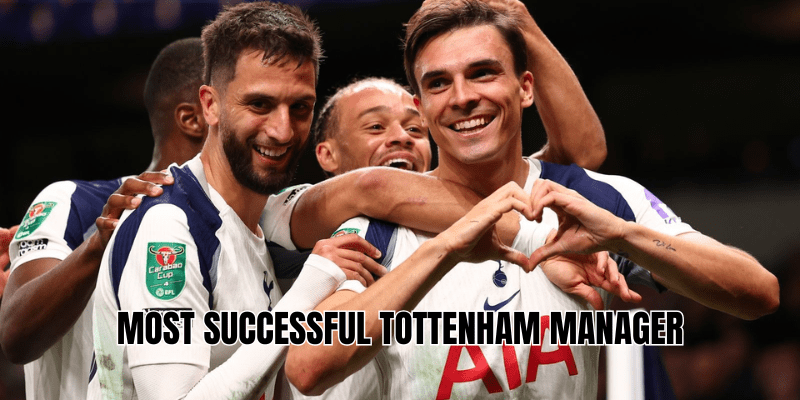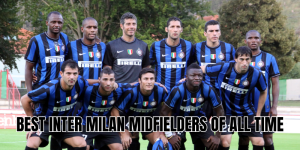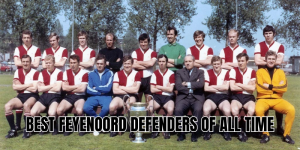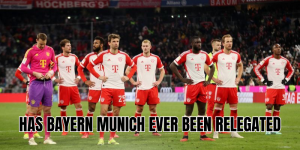When you ask “who is the most successful Tottenham manager,” the answer resonates through Spurs folklore: Bill Nicholson. But to claim that title isn’t merely a matter of sentiment — it rests on a foundation of silverware, longevity, legacy, and transformational impact. In this article, AvigGoal will guide you through the journey of Tottenham’s managerial history, explore why Nicholson still stands above all, compare him with rival candidates, and reflect on what “success” truly means at a club like Spurs.
Tottenham’s managerial history at a glance
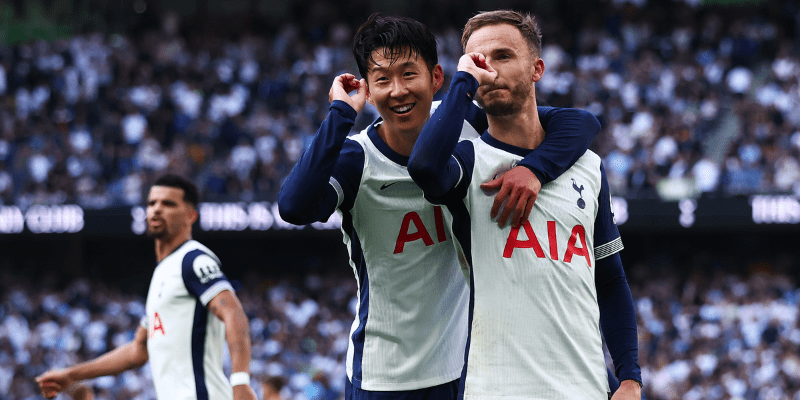
Before diving into comparisons, it helps to get context on how Spurs’ managerial landscape has evolved over time. Since its early days, Tottenham Hotspur has employed a broad array of managers — club insiders, outsiders, legends, and rebooters.
- A documented list of Spurs managers shows names.
- Over the decades, success at Tottenham has always been measured not only in trophies, but also in defining eras, offering stability, and imprinting style on the club.
- Among all, only a handful of managers have delivered real silverware; many have delivered relative stability, good league finishes, or European runs.
When looking for the most successful Tottenham manager, one inevitably judges across multiple dimensions: number of trophies, significance of those trophies, sustained performance, and legacy.
Bill Nicholson: Spurs’ towering legend
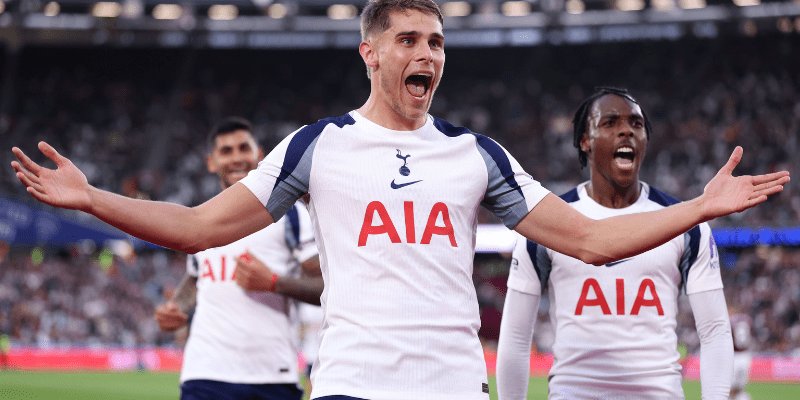
Early life and rise
Born in 1919, Bill Nicholson joined Spurs in 1936 as a young ground-staff member and later progressed into playing, coaching and then management. His bond with the club was lifelong — 55 years in total in different capacities.
As a player, he was part of the team that won the Second Division in 1949–50 and the First Division in 1950–51. Later, when he became manager in October 1958, Spurs were languishing — and he inherited a challenging task.
Trophy haul and major achievements
Under his stewardship, Nicholson delivered eight major trophies (not always counting smaller or shared shields) — including the historic Double (League + FA Cup) in 1960–61. Records often credit Tottenham’s official count under him as 12 honours when including Charity Shields and other minor accolades.
Some of his key honours:
- First Division (League) title: 1960–61
- FA Cup: 1960–61, 1961–62, 1966–67
- League Cup: 1970–71, 1972–73
- European Cup Winners’ Cup: 1962–63
- UEFA Cup (later name): 1971–72
He was also a trailblazer in Europe — Spurs under Nicholson became among the first English clubs to win a major European trophy.
Longevity, influence, and legacy
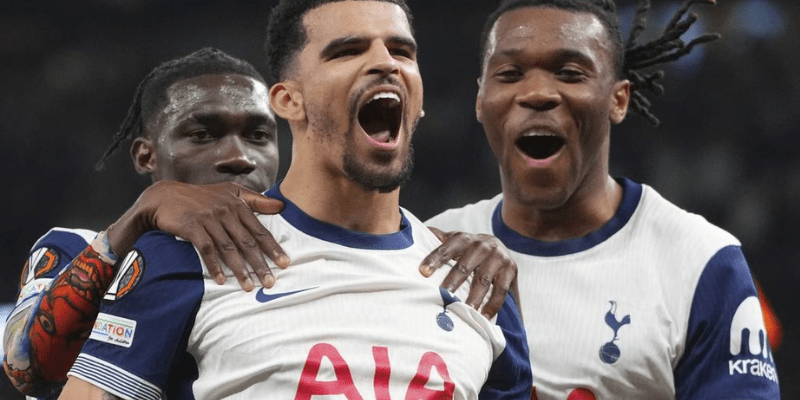
- Nicholson managed Spurs for 16 uninterrupted years — a rarity in modern football culture.
- Beyond trophies, he instilled an identity: attack, ambition, and belief. He pioneered Spurs’ golden era.
- His behind-the-scenes work (after stepping down) continued to influence recruitment, scouting and club culture.
- Memorials remain: the iconic “Bill Nicholson Gates” and his status as a club legend reflect how deeply he is woven into Tottenham’s DNA.
All these combine to make a compelling case: he delivered success, durability, identity, and did so at a time when resources were more limited.
Rival contenders: why no one surpasses Nicholson
While Nicholson’s supremacy is widely accepted, several other Spurs managers have argument-worthy resumes. Let’s consider them:
Keith Burkinshaw
- Oversaw the early 1980s, a period of revival.
- Brought the UEFA Cup in 1983–84 and won back-to-back FA Cups.
- Delivered important trophies when they were hard to come by for Spurs.
- Yet in raw numbers and prestige, his haul remains behind Nicholson’s.
Terry Venables
- Famous for the 1991 FA Cup win.
- His era is fondly remembered, but the silverware tally is modest compared to Nicholson.
Harry Redknapp
- Did not win a major trophy at Tottenham but presided over a stable period, brought the club into European contention, and rebuilt infrastructure.
- His influence on bringing a competitive spirit back to Spurs is often praised — but he lacks the trophy count.
Mauricio Pochettino
- Perhaps the most celebrated recent manager among fans.
- Took Tottenham to the 2018–19 Champions League final.
- Never won a major trophy at Spurs (he did win elsewhere), but elevated the club’s standing in Europe, promoted young talent, and shaped a modern identity.
- Because of the lack of silverware, he cannot match Nicholson on the “most successful” yardstick.
Jose Mourinho / Antonio Conte / Anders Villas-Boas
- Mourinho: won major titles at other clubs but left Spurs without silverware.
- Conte: had a strong first season but didn’t deliver a trophy in north London.
- AVB: similarly built hype but lacked trophy returns.
Among all these, Nicholson remains the only manager with both high quantity and diversity of silverware while leaving a lasting institutional impact.
What does “success” mean at Tottenham?
To call someone the most successful Tottenham manager is to weigh more than just trophies. Here’s what the true criteria should include:
- Trophy count and prestige – Titles matter: league, domestic cups, European honours.
- Consistency & durability – Being able to stay, adapt, rebuild across eras.
- Rebuilding identity & institutional impact – Did the manager leave a culture, philosophy, sustainable structure?
- Historical context & difficulty – What resources, competition, constraints existed in that era?
- Legacy & reverence – Are they still remembered, honored, emblematic of the club?
Bill Nicholson scores extremely high across all these dimensions — and thus becomes the default answer to “most successful Tottenham manager.”
Honors comparison: Nicholson vs rivals
| Manager | Major Trophies (Tottenham) | Highlights | Notes |
| Bill Nicholson | ~8 major + multiple others | League & FA Cup Double, European titles | Longest-serving era of trophy-laden dominance |
| Keith Burkinshaw | Several (UEFA Cup, FA Cups) | Revived Spurs in 1980s | Strong, but fewer trophies |
| Terry Venables | FA Cup | Boosted club profile | One standout trophy |
| Mauricio Pochettino | 0 (at Spurs) | Champions League final, youth development | Great impact, but no silverware |
| José Mourinho / Conte / AVB | 0 | Raised expectations, occasional league surges | No trophies at Spurs era |
The gulf between Nicholson and others, in terms of both quantity and significance of trophies, remains clear.
Why Nicholson’s reign cannot realistically be matched
- Different eras, bigger competition: Modern football features bigger financial disparities, more frequent managerial turnover, vast transfer market demands.
- Club priorities and pressures: For Spurs, consistency in the top 6, Champions League qualification, and a credible identity are pressing aims — but silverware remains rare.
- Luck, timing, stability: Nicholson benefited.
- Changing nature of football: Modern managers are rarely allowed 16 years. Expectations, and fanbases make long-term building rare.
Given all that, the benchmark Nicholson sets may be biologically impossible to replicate in the modern game — especially at a club like Tottenham.
Reaffirming the answer
When someone Googles most successful Tottenham manager, that search intent is typically looking for the name, the trophies, and the reasoning — not just raw stats. The name that pops into every credible listing, every Spurs history narrative, every fan debate is Bill Nicholson.
Yes, Pochettino rewrote modern Spurs history. Yes, modern managers may deliver league pushes and Champions League nights. But “success” at Tottenham historically demands silverware plus legacy — and Nicholson remains the only one who checks every box.
Final Thoughts
Bill Nicholson is unequivocally the most successful Tottenham manager — a title he earns through silverware, longevity, identity, and impact. His era remains Tottenham’s benchmark.
If you’re curious about the top 5 Tottenham managers in history, or want a detailed trophy breakdown. Want to explore Tottenham’s managerial era by decade or compare Spurs’ successes with rival clubs? Just say the word — we’re here to feed your football obsession. Follow AvigGoal to see more interesting information.

